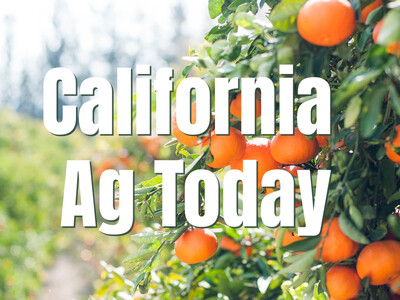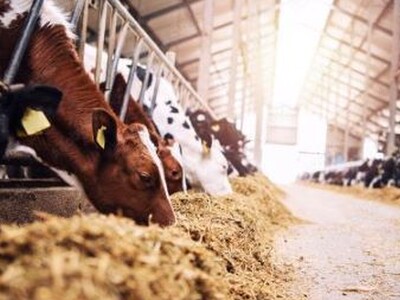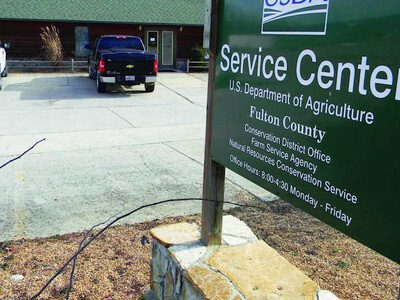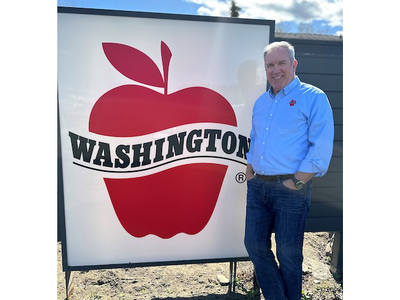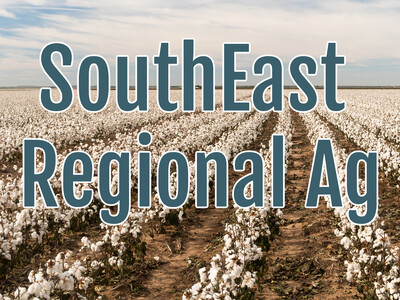Addressing Organic Issues & Rescuing Animals
Addressing Organic Issues & Rescuing Animals plus Food Forethought. I'm Greg Martin with today's Northwest Report.USDA says the number of U.S. farms and businesses are now certified under the National Organic Program is up by nearly 250-percent since 2002 - the first year of the program. The organic program was created in the 1990 Farm Bill - but the regulations weren't approved until more than a decade later. The cost of certification is a problem for some organic producers as is the paperwork involved - but the administrator of the program - Miles McEvoy - says they're trying to address those.
McEVOY: We do have the certification cost share programs that help to pay for the cost of certification. They pay to75% of the cost of certification so that helps from the cost side. We also have what we call the Sound and Sensible Initiative that we're looking at making certification attainable affordable and accessible throughout the U.S.
While rescue crews continue searching for survivors and victims of the giant mud slide in Washington State other are looking after the animals still in danger in the case of catastrophic flooding. Many animals like horses are being rounded up and moved to higher ground. But others are being left behind. The Stillaguamish River is being backed up due to the mud slides and presents a potential for more disaster in the area.
Now with today's Food Forethought, here's Lacy Gray.
Tis the season to dust off the outdoor barbecue and start grilling up your favorite cuts of meat. Most consumers though are being hit with sticker shock at their local grocery store when it comes to purchasing beef, and pork prices are expected to climb once the summer season begins. So what can we as consumers do to make sure we will still be able to enjoy our grilling favorites come summertime? One thing is to clear room in the freezer and stock up on pork now while the prices are still good. As far as beef prices - well, they're at record highs right now due to high demand and low supply and don't look to be coming down anytime soon. But there are a number of ways to still buy your beef and eat it too. Remember to use those coupons and don't be shy about asking the clerk at the meat counter when certain cuts will likely go on sale. Normally, meat will go on sale for a week at a time, so stock up when the sale is on and freeze, freeze, freeze. We Americans like our barbecue, so it isn't likely that we will stop buying our favorite cuts of meat anytime soon; we're just going to have to become more consumer savvy when it comes to getting the best bang for our buck.
Thanks Lacy. That's today's Northwest Report. I'm Greg Martin on the Ag Information Network.






